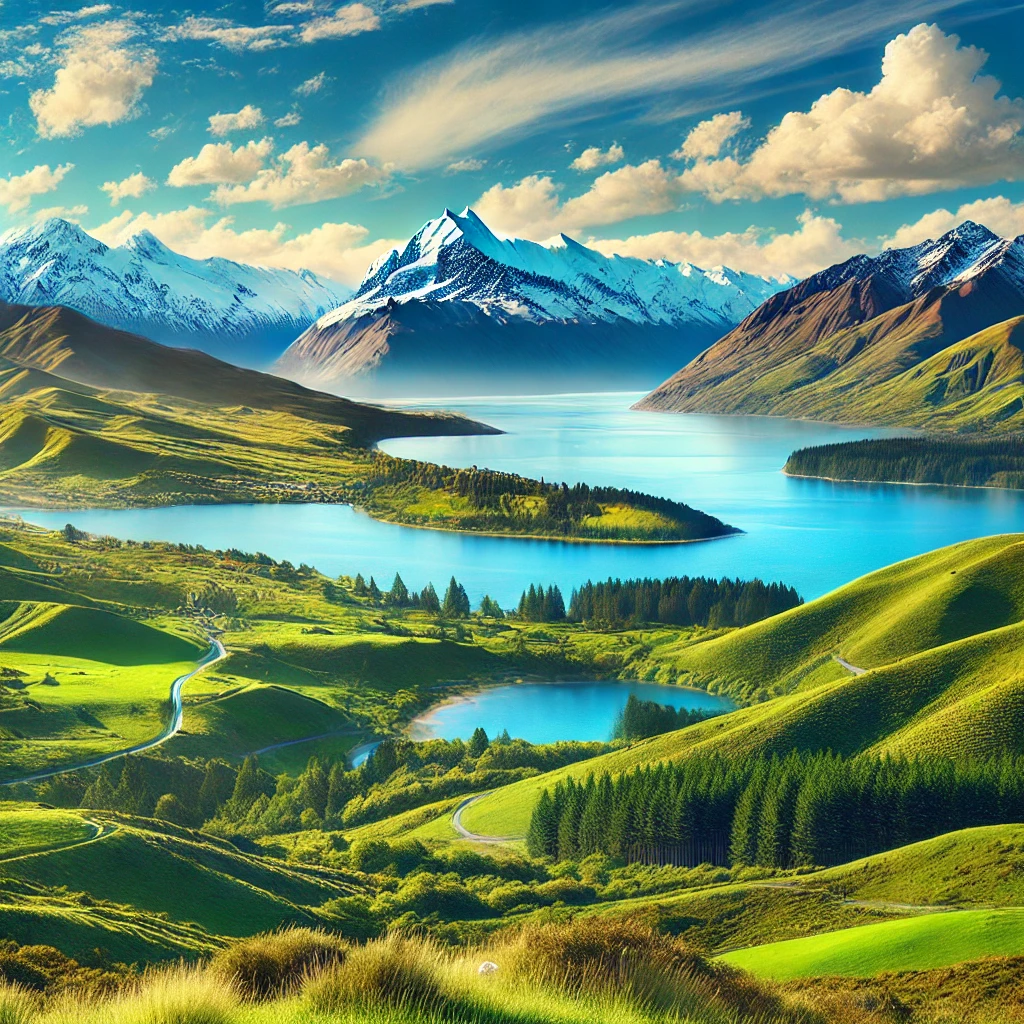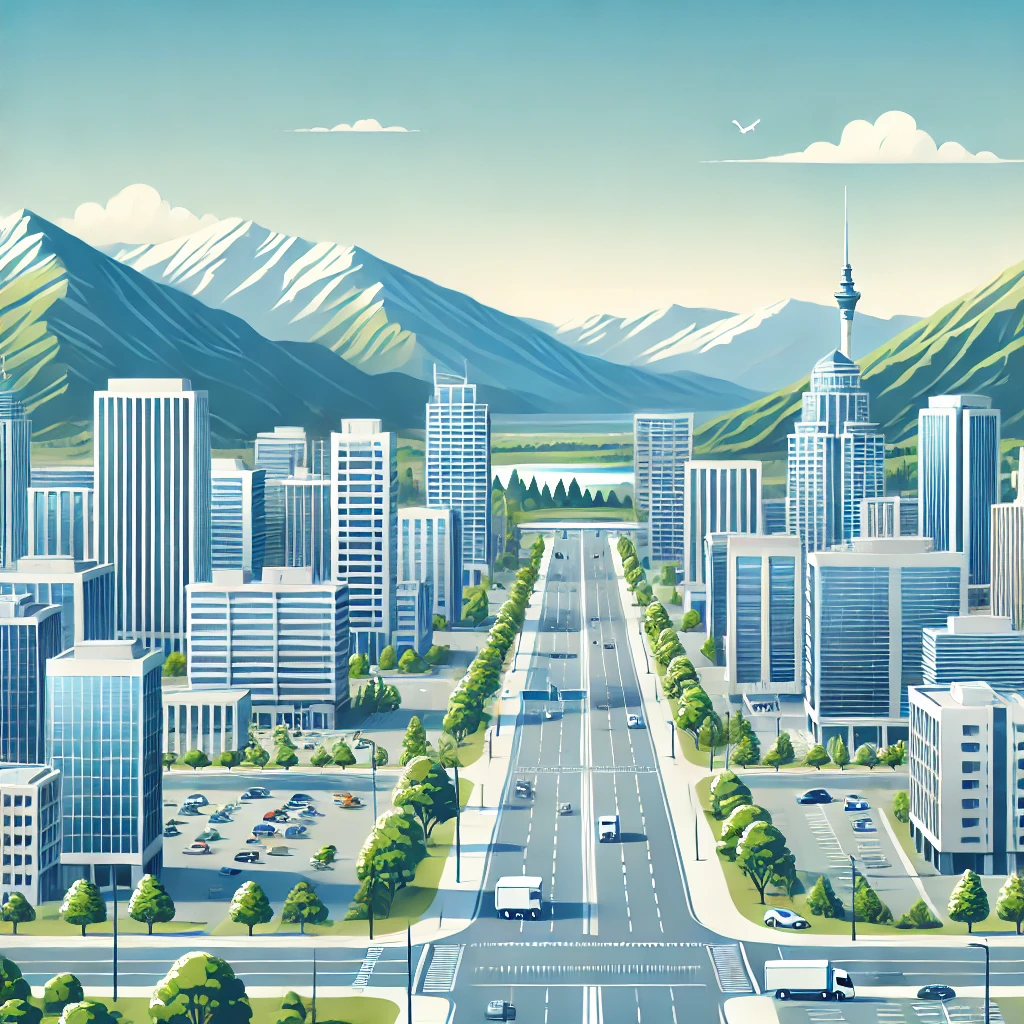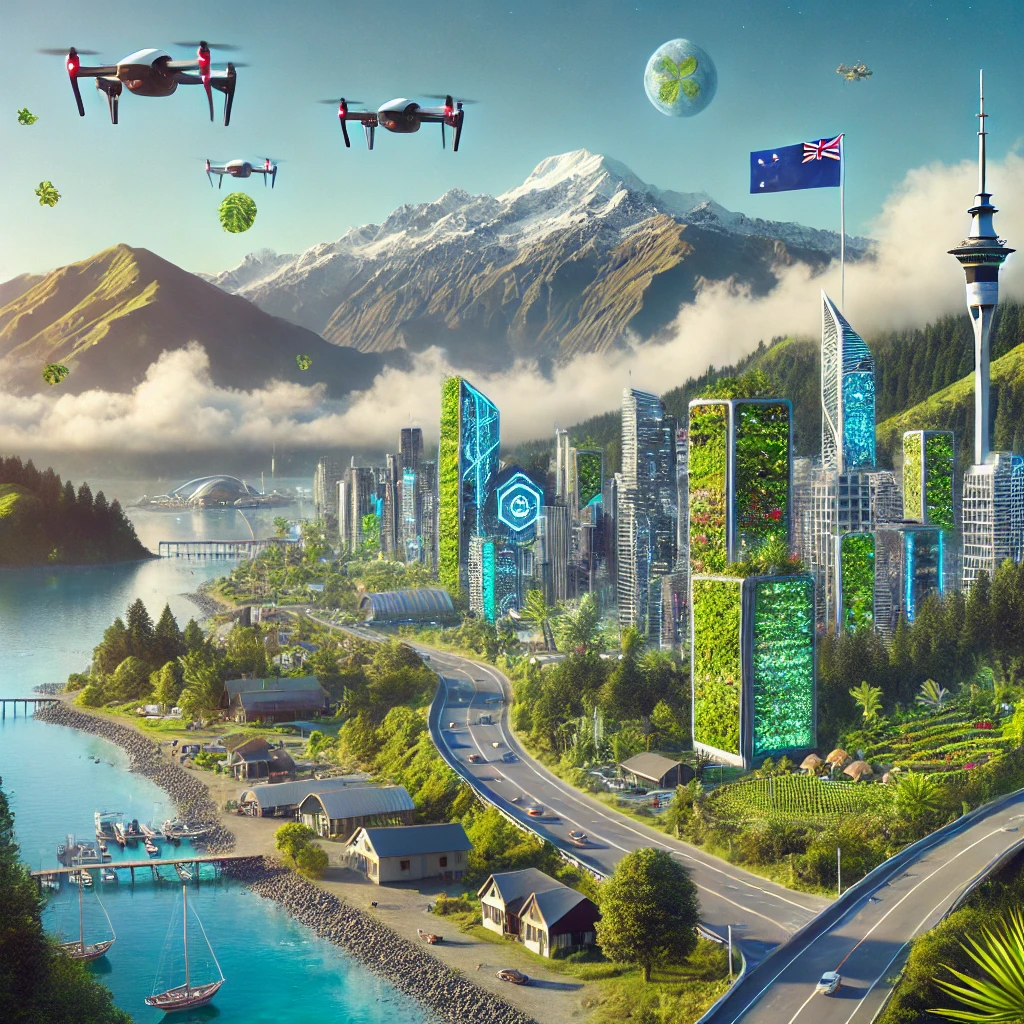New Zealand, often called “God’s Own Country,” has a global reputation for its breathtaking landscapes, peaceful lifestyle, and welcoming culture. But moving to a new country is not just about scenic views—it’s about finding a balance between dreams and realities. Is New Zealand truly a dreamland, or do the daily struggles make it less ideal than imagined? Let’s analyze the perks and challenges of living in New Zealand in greater depth.
Table of Contents
Why New Zealand Feels Like a Dreamland
New Zealand offers unique advantages that make it one of the most desirable places to live. Here’s why it feels like a dream come true for many.
a) Stunning Natural Beauty

New Zealand’s natural landscapes are among the most beautiful in the world. The country boasts serene beaches, rolling green hills, crystal-clear lakes, and snow-capped mountains. For outdoor enthusiasts, it’s an endless playground.
Top Spots: Milford Sound, Fiordland National Park, and Lake Wanaka.
“Nature always wears the colors of the spirit.” – Ralph Waldo Emerson
b) High Work-Life Balance
New Zealanders, or Kiwis, are known for valuing their leisure time. With shorter working hours and flexible job schedules, residents have ample opportunities to enjoy outdoor activities, family time, or personal hobbies.
Global Ranking: New Zealand consistently ranks high in global quality-of-life indexes.
c) Friendly and Inclusive Culture

The people of New Zealand are famous for their warmth and hospitality. The country’s diverse culture, shaped by the Maori people and immigrants from around the globe, fosters a strong sense of belonging.
“Kindness is the universal language.” – Mark Twain
d) Adventure Capital of the World
For thrill-seekers, New Zealand is a paradise. From skydiving to bungee jumping and glacier hikes, the country offers some of the world’s most unique adventures.
Example Activities: Zorbing in Rotorua or jet boating in Queenstown.
e) Low Crime Rates and Safety
New Zealand is consistently ranked as one of the safest countries globally, making it an ideal place for families and individuals looking for peace of mind.
The Daily Struggles of Living in New Zealand
While New Zealand’s beauty and culture attract many, living there isn’t without its challenges. Let’s break down the struggles that immigrants and locals face.
a) High Cost of Living

New Zealand is one of the most expensive countries to live in, particularly in urban areas like Auckland and Wellington. Housing, groceries, and transportation costs can strain even a well-planned budget.
Housing: The average rent for a 3-bedroom house in Auckland exceeds NZD 2,500/month.
Groceries: Weekly grocery bills for a family can range between NZD 200–300.
“The price of anything is the amount of life you exchange for it.” – Henry David Thoreau
b) Limited Job Opportunities for Immigrants
While there are opportunities in healthcare, IT, and skilled trades, finding a job as a newcomer can be difficult. Many employers prefer candidates with local experience or connections.
Key Advice: Networking is essential in New Zealand’s job market.
c) Geographical Isolation
Being far from most countries, New Zealand’s location can make international travel expensive and time-consuming. Immigrants often feel isolated, especially if they have family overseas.
d) Long Waiting Times for Healthcare
Though public healthcare is free or subsidized for residents, the system faces challenges like long waiting periods for non-urgent treatments.
Example: Non-urgent surgeries often have a 6-month waiting period.
e) Unpredictable Weather
New Zealand’s weather can change rapidly, making it essential to be prepared for all seasons in a single day.
Climate Divide: The North Island has milder winters, while the South Island experiences colder conditions with snowfall.
Data Comparison: Dreamland vs Daily Struggles
To provide a clearer picture, here’s a comparison of the benefits and challenges of living in New Zealand:
Living in New Zealand: Dreamland vs Daily Struggles
| Aspect | Dreamland | Daily Struggles | Additional Notes |
|---|---|---|---|
| Natural Beauty | New Zealand is home to breathtaking landscapes, including beaches, mountains, and lakes. | Remote areas may lack modern amenities and infrastructure. | Top attractions include Milford Sound, Fiordland National Park, and Lake Tekapo. |
| Work-Life Balance | Shorter working hours allow for a relaxed lifestyle and ample leisure time. | Some industries, like hospitality, may demand long working hours. | Ranked 2nd in the Global Peace Index (2023). |
| Cost of Living | Free outdoor activities and stunning landscapes reduce leisure expenses. | Housing costs in Auckland exceed NZD 2,500/month; groceries cost NZD 200–300 per week for a family. | Plan your budget to include housing, groceries, and transportation costs. |
| Job Market | Opportunities available in IT, healthcare, tourism, and skilled trades. | Finding jobs without local experience can be challenging. | Networking is essential for securing employment in New Zealand. |
| Healthcare | Public healthcare is free or subsidized for residents. | Non-urgent treatments can have waiting periods of up to 6 months. | Private insurance can help bypass long waiting times. |
| Geographical Isolation | Peaceful surroundings with less global influence. | Expensive and time-consuming to travel internationally. | Ideal for those who prioritize local peace over global connectivity. |
| Transportation | Minimal traffic and clean roads in urban areas. | Limited public transport options outside major cities. | Owning a personal vehicle is often necessary in rural areas. |
| Weather | Mild and pleasant summers with scenic views. | Unpredictable weather with cold winters in the South Island. | “Four seasons in a day” is a common phrase in New Zealand. |
Frequently Asked Questions (FAQs)
Is New Zealand a good place to live?
Yes, it offers a high quality of life, peaceful environment, and stunning natural beauty. However, challenges like high living costs and isolation exist.
What is the cost of living in New Zealand?
Rent (Auckland): NZD 2,500/month for a 3-bedroom house.
Groceries: NZD 200–300 per week for a family.
Fuel: NZD 3.00 per liter (approx.).
Is healthcare free in New Zealand?
Public healthcare is free for residents but has long waiting times for non-urgent treatments. Non-residents need private health insurance.
What are the job prospects in New Zealand?
Opportunities exist in sectors like healthcare, IT, tourism, and trades. However, local experience is often preferred.
Is it easy to migrate to New Zealand?
New Zealand has strict immigration policies. Skilled professionals in demand have better chances of securing visas.
Practical Tips for Moving to New Zealand
- Research Job Opportunities:
Secure a job before moving to ensure financial stability. - Understand Visa Requirements:
Check the skilled occupation list and meet immigration criteria. - Prepare for Cultural Adjustment:
Embrace Maori culture and Kiwi values for a smoother transition. - Budget Wisely:
Factor in housing, groceries, and transportation costs when planning your move. - Stay Flexible:
Be prepared for weather changes and the slower pace of life compared to larger countries.
Conclusion
Living in New Zealand can truly feel like living in a dreamland, with its natural beauty, peaceful lifestyle, and abundant opportunities for adventure. However, it’s essential to prepare for the high cost of living, job market challenges, and geographical isolation. With the right mindset and preparation, New Zealand can become not just a destination, but a home.
“Life is 10% what happens to us and 90% how we react to it.” – Charles R. Swindoll


